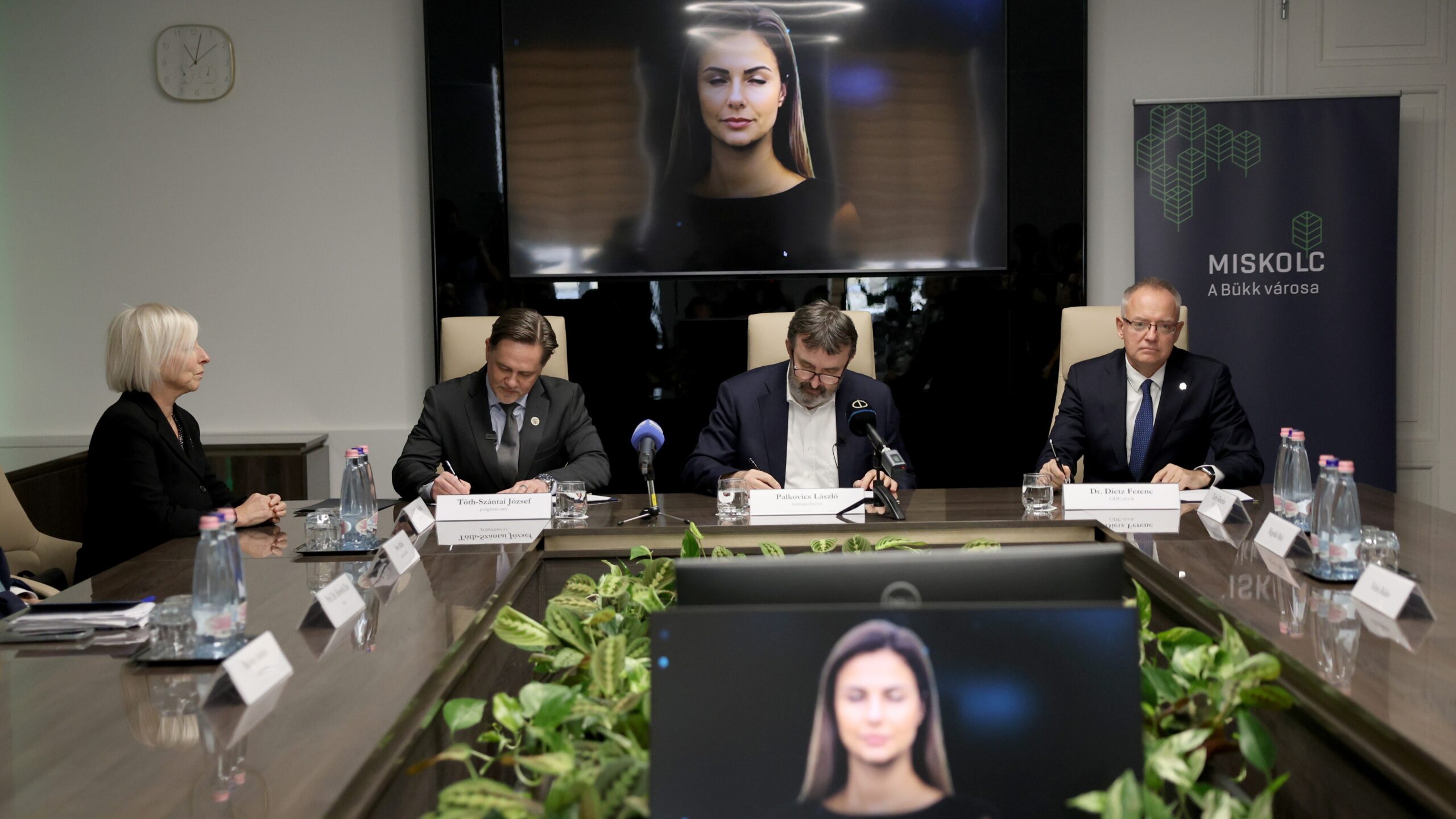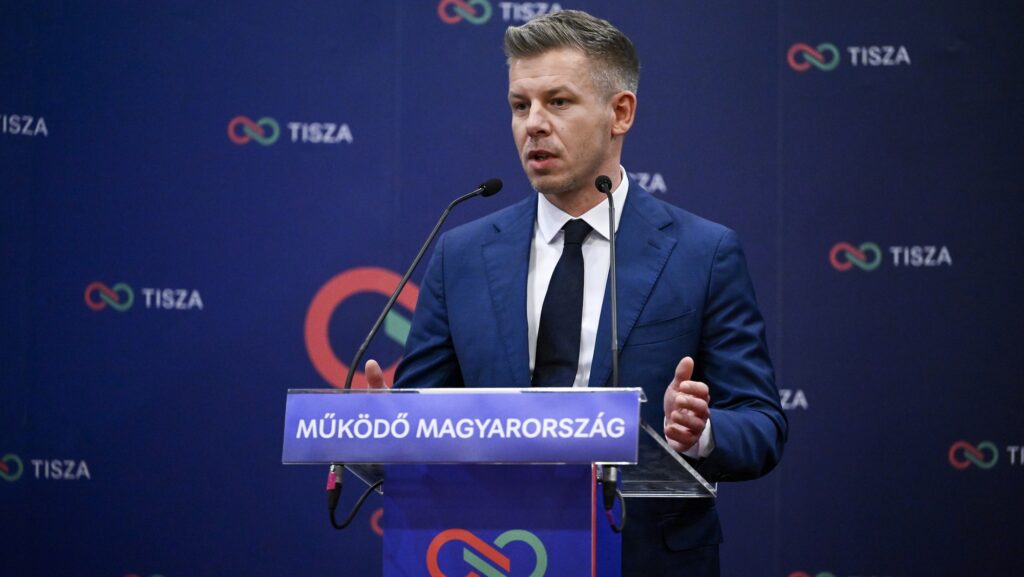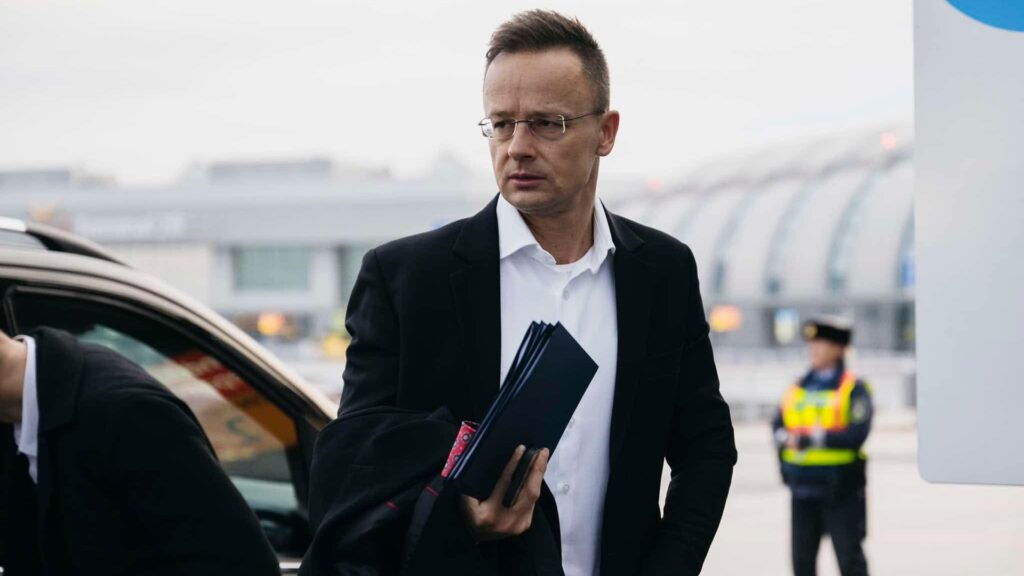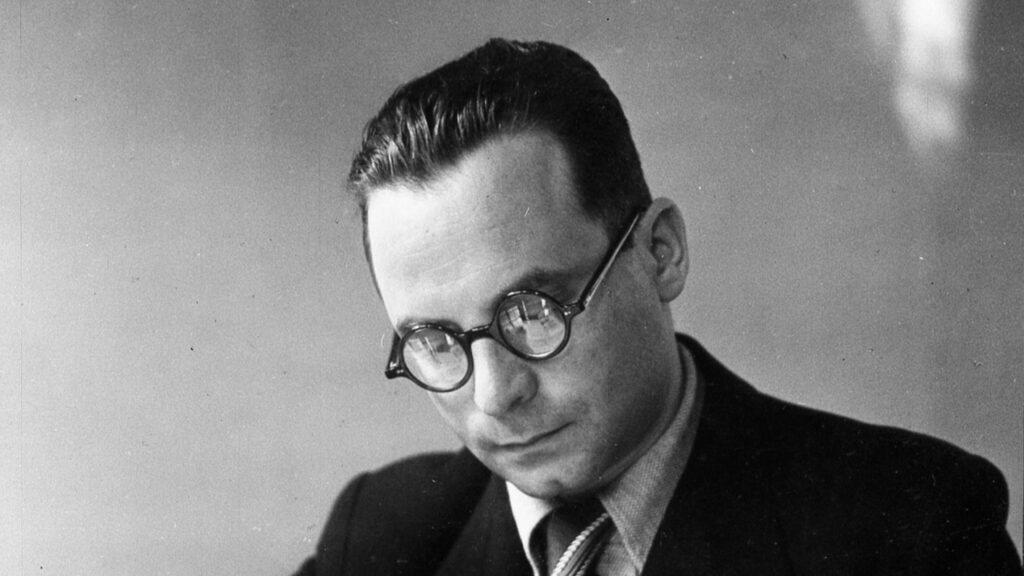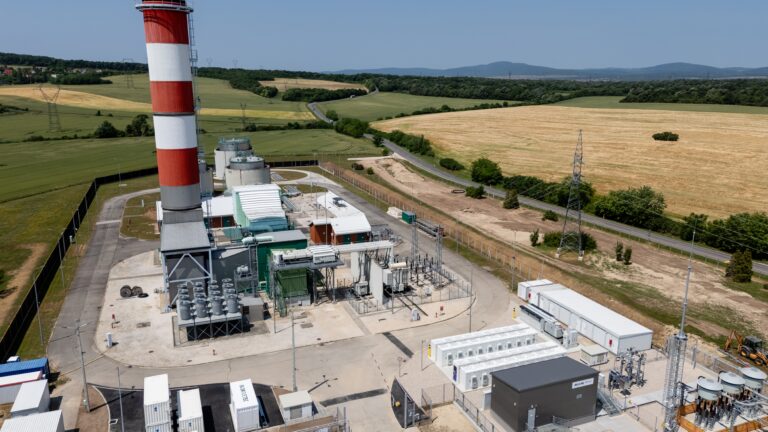The city of Miskolc has spearheaded the creation of the UrbanTech Platform, a new framework for collaboration in urban innovation, artificial intelligence, digitalization, and data-driven public services. The initiative, officially established with the participation of Gábor Dénes University, the HUN-REN Institute for Computer Science and Control (SZTAKI), and several municipalities and professional partners from both Hungary and abroad, was announced by the city’s press office on Thursday.
The platform aims to ensure that cities of all sizes can access cutting-edge technologies, knowledge bases, and practical solutions, helping them operate in ways that are more liveable, efficient, and sustainable. It serves as a bridge between research, education, industry, and local governments, promoting the practical application of AI in urban management, transport, healthcare, public safety, and infrastructure.
Founding members include Miskolc, Budakeszi, Salgótarján, Veszprém, Debrecen, Eger, Zalaegerszeg, Kaposvár, and Csíkszereda. In October, Miskolc will also host the national conference: Artificial Intelligence in the Service of Cities.
The initiative follows an announcement in April of a pilot project in Miskolc demonstrating AI use at the municipal level, with special focus on economic development, education, digital skills, and tourism.
According to government commissioner for artificial intelligence László Palkovics, successful AI adoption requires four key elements: data, computing power, financial support, and intent. He stressed that these components are essential for AI-based solutions to become part of everyday operations, and that smaller towns, not just major cities, should have opportunities to participate in innovation.
Miskolc Mayor József Tóth-Szántai emphasized that liveability is one of the most important aspects of AI integration in cities. He noted that a city is now defined not only by its buildings and roads, but also by its digital systems, and argued that incorporating AI into governance could deliver a significant leap in quality of life. ‘Miskolc should not just take one step forward, but three or four, and this requires skilled, innovative thinkers like those involved in this programme,’ he said.
Related articles:

